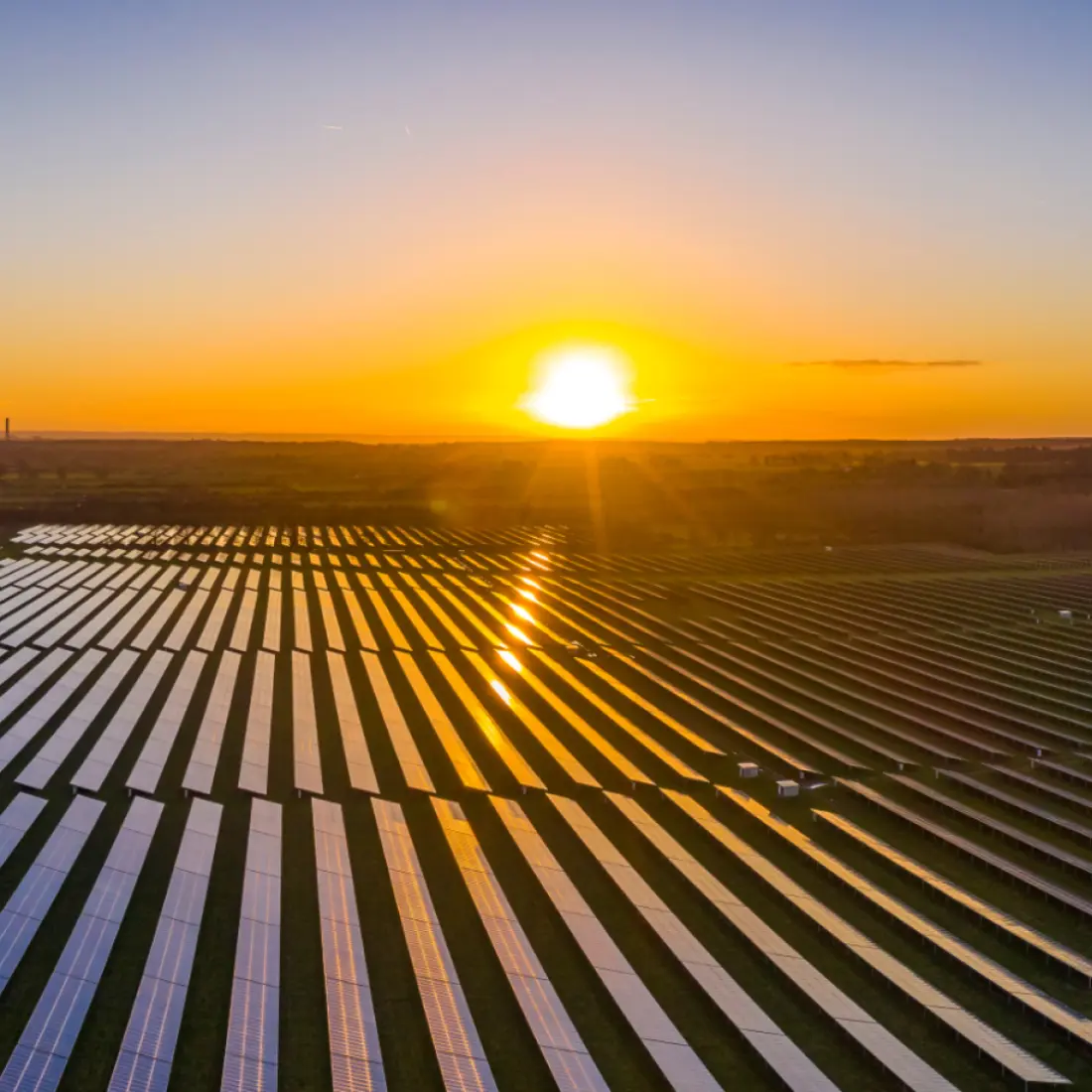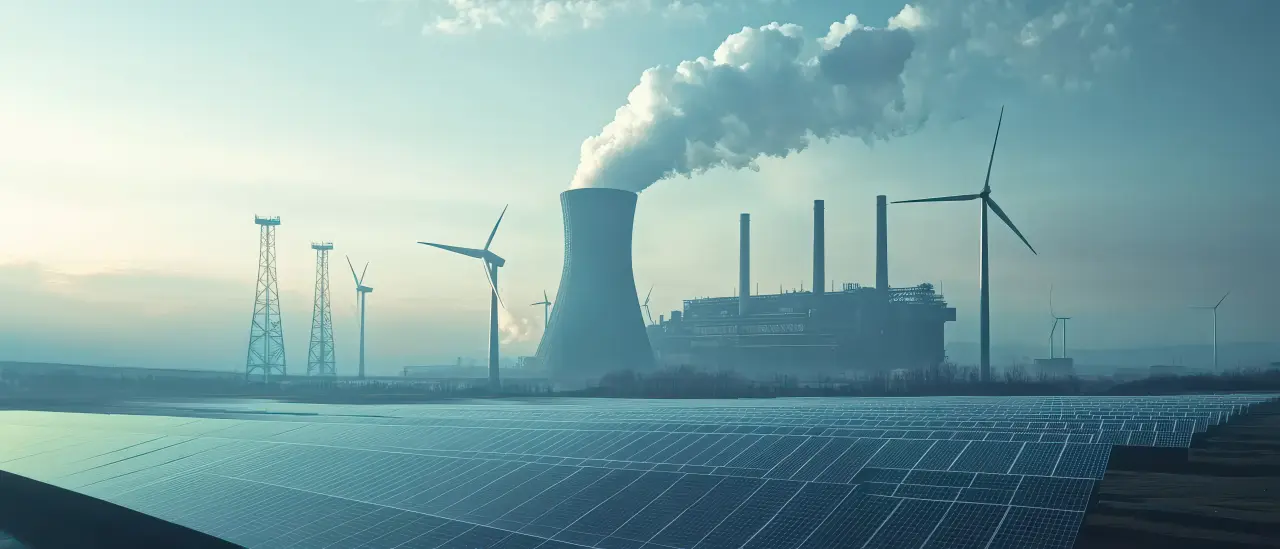The pros of solar energy: cost, control, and comparison


While reducing emissions is important, the real advantage of solar lies in the control it offers. By reducing reliance on volatile markets and centralized grids, solar power enables stable, cost-efficient energy generation at every scale.
As the advantages of solar power energy continue to surpass expectations, comparisons like solar energy vs fossil fuels or wind turbine vs solar are more relevant than ever. In this article, we’ll break down the core pros of solar power energy and why it's becoming a high-impact choice across the global energy landscape.
Advantages of solar
Beyond its positive impact on the environment, solar energy offers practical benefits regarding cost, control, and performance. As solar technology moves forward, its benefits go beyond being environmentally friendly. From promoting long-term profitability to facilitating energy independence, solar energy keeps proving to be a low-risk, game-shaping investment.
Environmental advantages
Fundamentally, solar energy is a clean energy source. Compared to fossil fuels, it emits no direct emissions, lowering greenhouse gas emissions.
This is foundational for reducing air pollution and supporting decarbonization objectives, without depending on the extraction or burning of fuel.
Solar energy is also virtually limitless and renewable. It doesn't use up water resources or require limited resources like coal, oil, or even hydropower. Solar is a more sustainable option in drought-prone areas because solar power plants use a lot less water than conventional power plants, which minimizes the burden on nearby water systems.
Technological advancements
Present-day solar panels are more economical and efficient than before. More energy yields in smaller spaces are now possible thanks to advancing digital design tools, battery storage, and PV materials.
At PVcase, we observe directly how improved technology leads to better project outcomes like shorter project timelines, fewer mistakes, and more reliable energy production.
Additionally, solar easily integrates with the current grid infrastructure. Because of its adaptability, it can be used in distributed energy models and large-scale utility projects, which can open the door to more intelligent energy management.
Economic and operational value
One of solar energy's most enticing advantages is cost savings. Besides providing a long-term financial return, solar panels dramatically reduce electricity costs.
Project teams can cut expenses, shorten timelines, and increase accuracy by using end-to-end platforms like PVcase, which optimize each stage of development.
Solar energy also enables greater energy independence. Property owners reduce their dependence on centralized grids and shaky fuel markets by producing power locally. This means more control and fewer unexpected effects.
Significantly, the solar sector is now a major source of employment worldwide. The industry continues to create jobs in industries that are looking to the future, from engineering and installation to the development of digital solar projects.
Energy security and stability benefits
Solar offers cost stability in contrast to fossil fuels, which face worldwide price swings. Systems are a low-risk, high-stability asset in an unpredictable energy market because, once installed, they require minimal maintenance and don't require fuel.
Additionally, solar strengthens energy resilience by facilitating decentralized energy generation. Vulnerability to outages or external supply disruptions is decreased by distributed generation.
Long-term investment gains
A property's resale value is frequently increased by adding solar. It can open up national or regional financial incentives for businesses, including tax credits and rebates. These initiatives lower up-front expenses and increase the appeal of solar as an investment.
Solar vs other energy sources
The ability to scale and cost-effectiveness are what lead the way when weighing the benefits of solar energy.
When comparing solar energy vs fossil fuels, solar offers stable pricing, minimal maintenance, and lower long-term costs. In the nuclear vs solar debate, solar avoids both the significant risk and massive expense associated with nuclear infrastructure.
Compared to wind turbines, solar panels are easier to install, more versatile in placement, and have a higher return on investment across a wider range of climates.
Even in geothermal vs solar or hydropower vs solar power comparisons, the benefits of using solar energy, such as rapid deployment, low risk, and energy independence, consistently make it the most profitable and accessible renewable energy option on the market today.

Moving solar forward: practical, profitable, proven
No single energy source fits every scenario, but solar’s advantages are impossible to ignore. With stable costs, rapid deployment, and strong returns, the benefits of solar energy continue to outperform fossil fuels, wind, and nuclear.
As the energy sector accelerates, solar stands out as the future-ready option for powering progress. At PVcase, we support the teams moving forward by helping more projects see the light of day faster and smarter.


Solar that sees the light of day
Book a PVcase demo to move your solar projects forward
